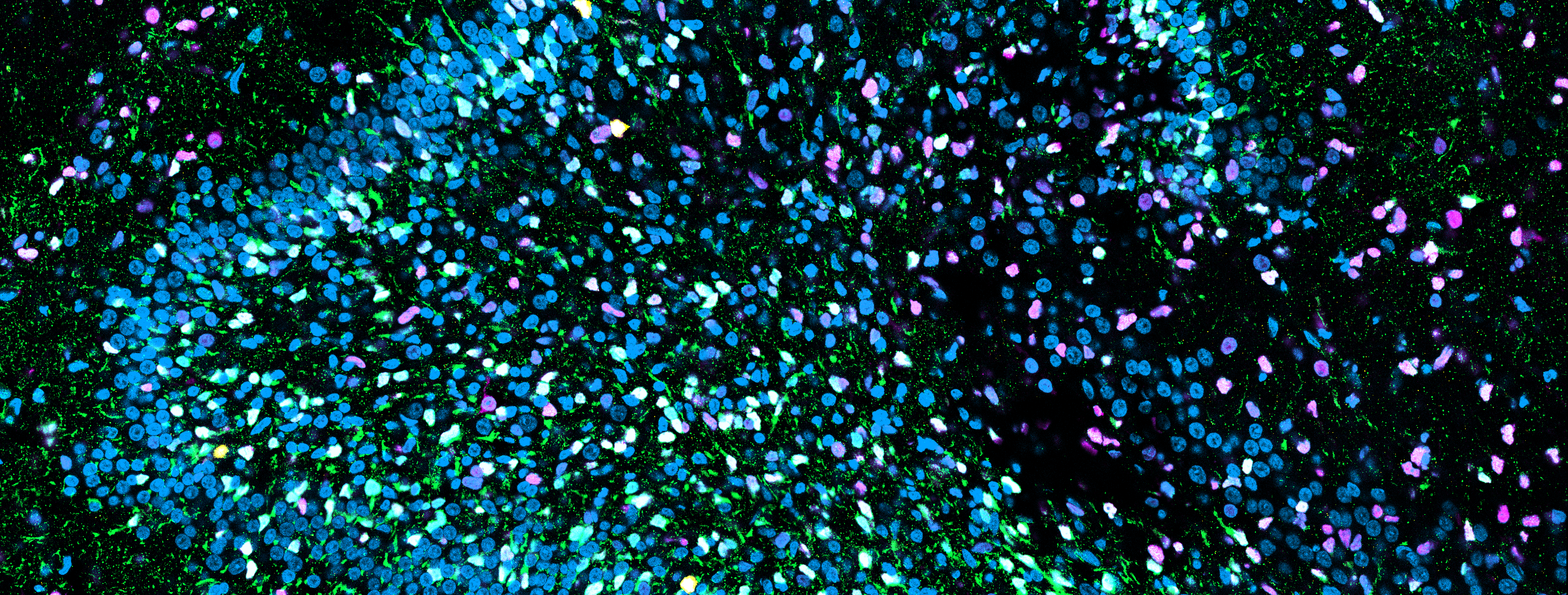Speaker
Description
Whether and how the impact of environmental exposures can be inherited, with parental environments shaping phenotypes across generations independent of DNA sequence carried in gametes, is a fundamental question in biology, with far-reaching implications for human health. Despite evidence of such epigenetic inheritance in animals, the mechanisms and relevance to humans remain elusive due to lack of (i) multi-generational human data on environmental exposures with quantified health outcomes, and (ii) access to germ cells and tissues from exposed individuals to deduce and validate molecular mechanisms.
Considering the paradigmatic case of the heritable impact of the exposure to endocrine disruptors (EDC), a widespread and hazardous class of chemicals that interfere with hormonal signaling causing a wide range of adverse health effects, including adverse neurodevelopmental outcomes, we are overcoming these challenging by (i) leveraging a unique multigenerational human cohort (Carl-Gustaf Bornehag et al., 2021; Caporale et al., 2022), where we are measuring the parental prenatal (F1) exposure to EDC and relating it to quantified neurodevelopmental outcomes in their children (F2), (ii) developing an innovative in vitro system to make epigenetic inheritance tractable in humans. Specifically, in collaboration with Harry Leitch's lab, for the first time, we converted human primordial germ cell-like cells (hPGCLC, differentiated from hiPSC and model of F1 generation developing germline) back to the pluripotent state, namely human embryonic germ cell-like cells (hEGCLC, proxy model of F2 generation post-implantation epiblast). By scRNAseq and DNA methylation profiling, we confirmed hEGCLCs pluripotency and showed how the initial demethylation occurring in hPGCLCs is largely reversible, as hEGCLCs exhibit methylation levels comparable to hiPSCs. This new in vitro model represents a highly tractable system to study epigenetics transitions and dynamics in humans. Therefore, we exposed differentiating hPGCLCs to EDCs at epidemiologically relevant concentrations, converted them into hEGCLCs, and further differentiated these into cortical brain organoids (CBOs, model of F2 fetal cortex). We performed transcriptome and epigenome profiling (focusing on DNA methylation, key player in epiallele inheritance) of hPGCLCs, hEGCLCs, and CBOs to assess which EDC-induced epigenetic changes are inherited and maintained in the next generation and with what phenotypic consequences.
Overall, by integrating experimental and epidemiological evidence, this project will contribute to shed light on the impact of environmentally induced, epigenetically inherited changes on human development, providing scientific evidence to guide the reduction of adverse effects on present and future generations resulting from widespread environmental exposures to EDCs.
| Author(s) | Sarah Stucchi1,2,*, Nicolò Caporale1,2, Gaja Matassa1,2, Alessia Valenti1,2, Cristina Cheroni1, Riccardo Nagni1, Manuel Lessi1,2, Marco Tullio Rigoli1,2, Benedetta Muda1,5, Lessly P. Sepulveda-Rincon3,4, Camille Dion3,4, Harry G. Leitch3,4,6, Giuseppe Testa1,2,7 |
|---|---|
| Affiliation(s) | "1 Human Technopole, Milan, Italy 2 Department of Oncology and Hemato-Oncology, University of Milan, Milan, Italy 3 MRC Laboratory of Medical Sciences (LMS), London, UK 4 Institute of Clinical Sciences (ICS), Faculty of Medicine, Imperial College London, London, UK. 5 Department of Medical Biotechnology and Translational Medicine, University of Milan, Milan, Italy 6 Current Addresses: UCL Great Ormond Street Institute of Child Health, Genetics & Genomic Medicine Department, London, UK and North East Thames Regional Genetic Service, Great Ormond Street Hospital for Children NHS Foundation Trust, London UK 7 Department of Experimental Oncology, European Institute of Oncology IRCCS, Milan, Italy" |

